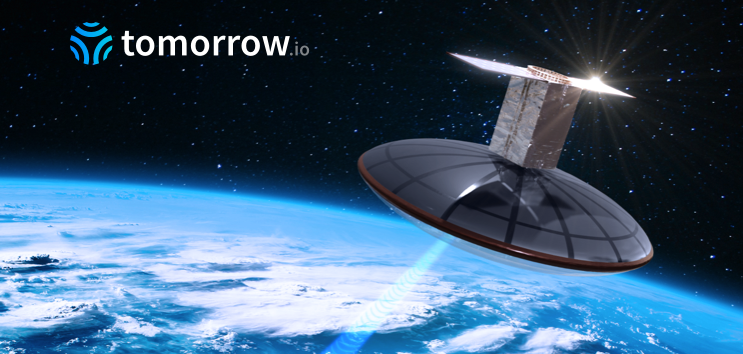Tomorrow.io, a weather intelligence specialist based in Boston, Massachusetts, has completed the assembly and testing of its first precipitation radar and delivered it to global imaging and analysis firm Astro Digital for satellite integration.
Tomorrow.io was awarded a multi-year US$19.3m contract last year, funded through the Air Force’s Commercial Weather Data Pilot Program, to support deployment of its first four satellites.
Tomorrow.io selected Astro Digital’s Corvus-XL satellite platform for the first two satellites of its constellation. Delivery of the radar payload – following a successful critical design review conducted by Tomorrow.io and the Air Force earlier this year – puts Tomorrow.io on track to launch its first satellite in early 2023, with a full constellation expected in orbit during 2025.
Tomorrow.io will offer operational satellite Data as a Service to the US Department of Defense and governmental agencies worldwide. It will also ingest the data into its proprietary modeling suite that powers its Weather and Climate Security Platform, which is used by hundreds of organizations to proactively manage weather-related challenges.
Precipitation measurements are critical to weather forecasting and are ranked by the intergovernmental Group on Earth Observations as the top priority out of 152 Earth observations.
Tomorrow.io plans to launch a constellation of approximately 30 small satellites to provide high-resolution global coverage of 3D precipitation and other key parameters – revisiting each point on the globe every hour on average, rather than the two- to three-day revisit rate of existing spaceborne radar missions.
The constellation will enhance the Air Force Life Cycle Management Center (AFLCMC) mission to provide authoritative and accurate 24/7 global weather intelligence to warfighters.
Earlier this year, Tomorrow.io announced the addition of microwave sounders to its planned satellite constellation, which would create the first multi-sensor weather satellite system owned and operated by a private company. The combined sensing capabilities from radars and sounders will allow Tomorrow.io to acquire multiple types of near-real-time, global atmospheric data critical to improving operational weather forecasts.



